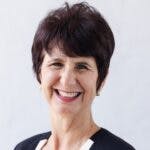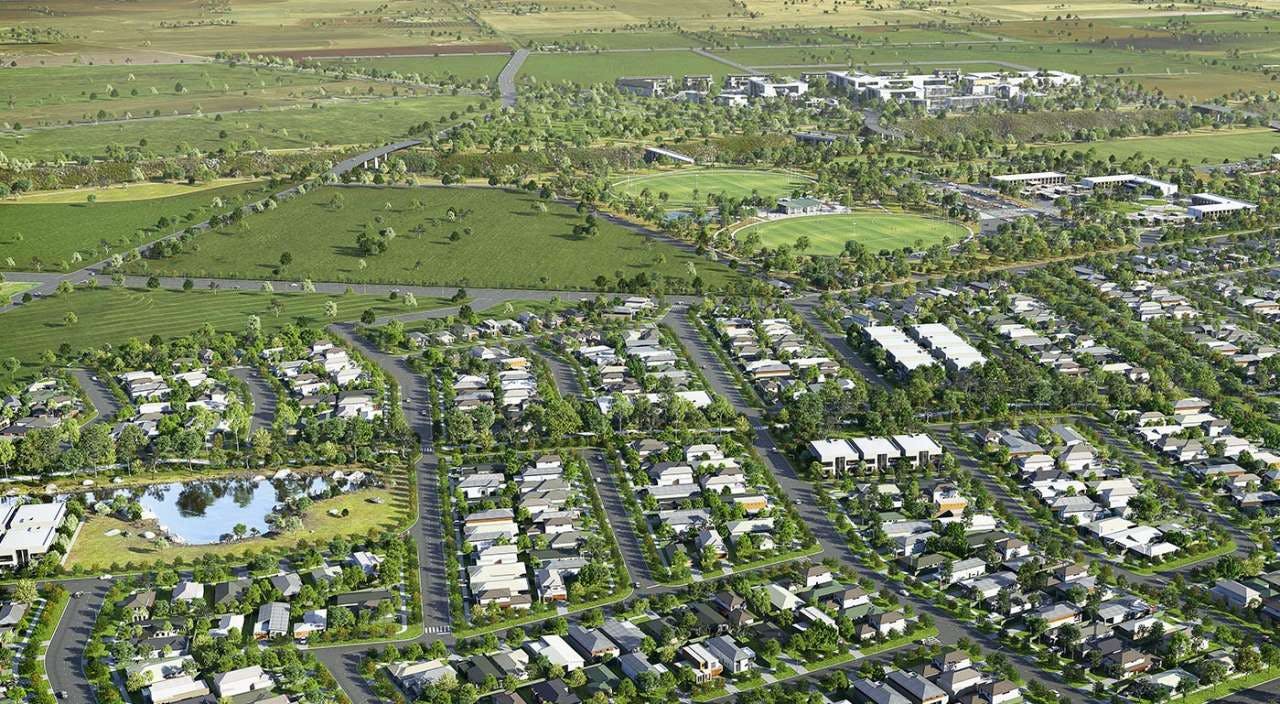Published: 11 January 2024
Last updated: 19 March 2024
The Foreign Minister will meet with Israeli and Palestinian leaders in an effort to make an Australian contribution to ending the Israel-Hamas War in Gaza.
Updated 15 January, 2024
Foreign Minister Penny Wong will head to Israel and the West Bank today in her first visit to the Middle East as foreign minister.
Wong will meet with Israeli leaders in Jerusalem and Palestinian Authority leaders in Ramallah and will visit Jordan and the United Arab Emirates which have yet to be announced. She will not visit Gaza but the war there will be a key focus of her visit.
Jewish community leaders have expressed disappointment that the itinerary does not include one of the sites devastated by the October 7 Hamas attack, an absence the ECAJ has described as "insulting and deeply concerning."
Social cohesion at home is a key factor in Wong’s decision to visit the region. Even before October 7 and the Gaza War, she was frustrated by the polarisation of the debate in Australia. Increasing antisemitism and controversial protests will only have exacerbated that feeling.
The visit is also a way in which Wong is expressing Australia’s leadership in the Asia-Pacific region, speaking on behalf of other countries concerned about the civilian cost and the potential for conflict to spread. Since the start of the Israel-Hamas War, she has made more than 40 phone calls consulting with other countries about how to control and contain the conflict and provide humanitarian leadership.
She will communicate Australia and the region’s commitment to a long-term peaceful solution for both Israelis and Palestinians.
"I will be advocating for an increase in the delivery of vital humanitarian assistance, the upholding of international law and greater protection of civilians, and avoiding regional escalation."
Foreign Minister Penny Wong on her visit to Israel
She will also emphasise the importance Australia places on the upholding of international law and the protection of civilians.
Australia has also avoided taking a position on the genocide case brought by South Africa against Israel, which is currently before the International Court of Justice, but that background will inevitably hang over her discussions in Israel.
The Australian foreign minister’s visit comes in the wake of US Secretary of State Antony Blinken’s latest visit to the region this week. Blinken urged Israel to work with moderate Palestinians and neighbouring countries on plans for postwar Gaza and said the US was willing to help rebuild and govern the territory — but only if there is a “pathway to a Palestinian state”.
As a middle power, Australia is limited in what it can achieve in the Middle East but as a respected liberal democratic country and as the voice of a significant region, Wong will hope to have some influence on moderating Israeli and Palestinian attitudes.
Palestinian lobbyists have their own agenda for the visit. Izzat Abdulhadi, the head of the General Delegation of Palestine to Australia, wants Wong to use the visit to demand Israel set a timetable for a two-state solution, with the threat that if it does not, Australia will unilaterally recognise Palestinian statehood.
But the Albanese government has so far avoided going down the path of unilateral recognition and is unlikely to change its position during Wong’s trip.
The challenges of the visit will be complicated by the conflicting pressures of politics at home. SMH/Age foreign affairs and national security correspondent Matthew Knott considers this visit will be the most challenging diplomatic mission Wong has faced, “full of opportunities for error, but with minimal scope for dramatic triumphs”.
“An adroit political tactician as well as diplomat, Wong will be conscious of the growing local sympathy for the Palestinian cause and the community outrage over the climbing number of civilian deaths. Being seen as too close to Israel risks driving younger and more progressive voters from Labor to the Greens, as well as alienating Muslim and other Arab-Australian voters who have reliably voted Labor. But causing offence to her Israeli hosts would draw intense blowback from News Corporation media outlets and vocal pro-Israel lobby groups here in Australia,” writes Knott.
Wong has a long history of walking a careful balance between the interests of Israelis and Palestinians. She has been clear on her support for Israel’s right to exist and to defend itself, and her condemnation of Hamas as a terrorist organisation which uses human shields and is still holding Israeli hostages.
But she has long-standing opposition to the Netanyahu government’s expansion of settlements in the West Bank and its undermining of the Palestinian Authority, a strategy that has backfired in the rise of Hamas.
As Gaza’s humanitarian crisis worsens, Wong has voiced increasing sympathy with Palestinians. Australia’s recent support of a resolution at the UN for a ceasefire marked a significant change in policy and a difference with the US, which continues to support Israel’s war against Hamas.
In a statement released on Sunday, Wong emphasised both Australia's support for Israel and profound concern for Gazans.
“Australia is not a central player in the Middle East, but we are a respected voice - we are a part of the international diplomatic effort reinforcing the imperative of a lasting peace. One hundred days since the October 7 terror attacks, this visit is about advocating for a pathway out of this conflict.
“In my meetings I will be advocating for an increase in the delivery of vital humanitarian assistance, the upholding of international law and greater protection of civilians, and avoiding regional escalation.
“Australia has consistently and unequivocally condemned Hamas’ October 7 terror attacks, the appalling loss of life, and the heinous acts of violence perpetrated in those attacks, including sexual violence. We continue to call for the immediate and unconditional release of hostages.
“Like many of Israel’s friends, Australia has been clear that the way Israel defends itself matters. Israel must respect international humanitarian law and conduct military operations lawfully. Civilians and civilian infrastructure must be protected.
“I will express our profound concern that there are increasingly few safe places for Gazans. I will reiterate our call for safe, unimpeded and sustained humanitarian access so that food, water, fuel, medicine and essential assistance to reach people in desperate need, and so civilians can get to safety.
“Australia wants to see steps towards a sustainable ceasefire. That can never be one-sided. It is our view that Gaza must no longer be used as a platform for terrorism and that Hamas must lay down its arms.
“We are committed to working with partners toward a just and enduring peace in the form of a two-state solution, where Israelis and Palestinians can live securely within internationally recognised borders,” Wong said.
READ MORE
Wong’s Middle East trip will be the ultimate test for Australia’s favourite MP (Matthew Knott, SMH, paywall)
What Palestine wants Penny Wong to tell Israel (AFR, paywall)|
Albanese government refuses to reveal stance on UN genocide case against Israel (Guardian)
Blinken urges Israel to engage with region on postwar plans that include path to Palestinian state (AP)




